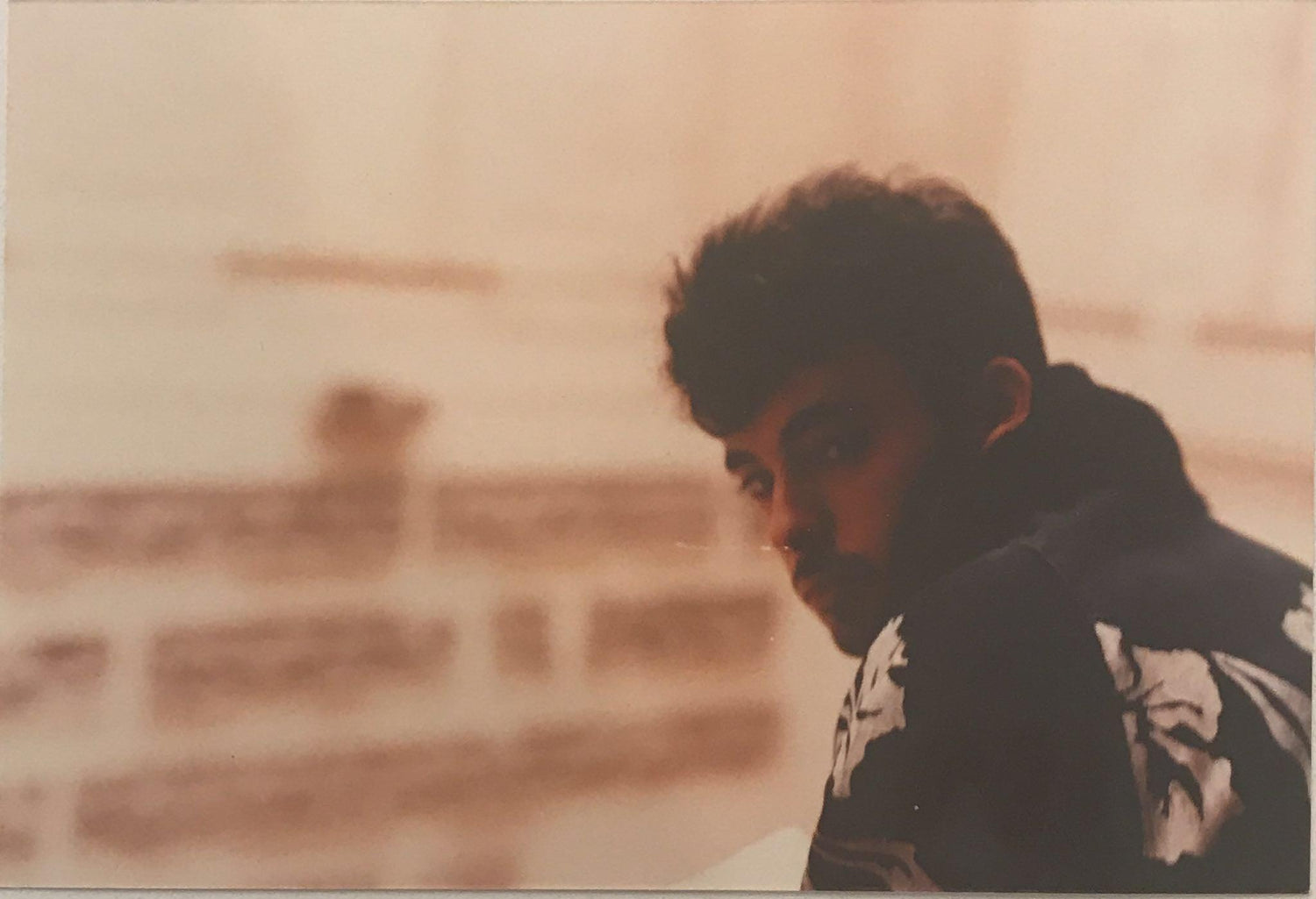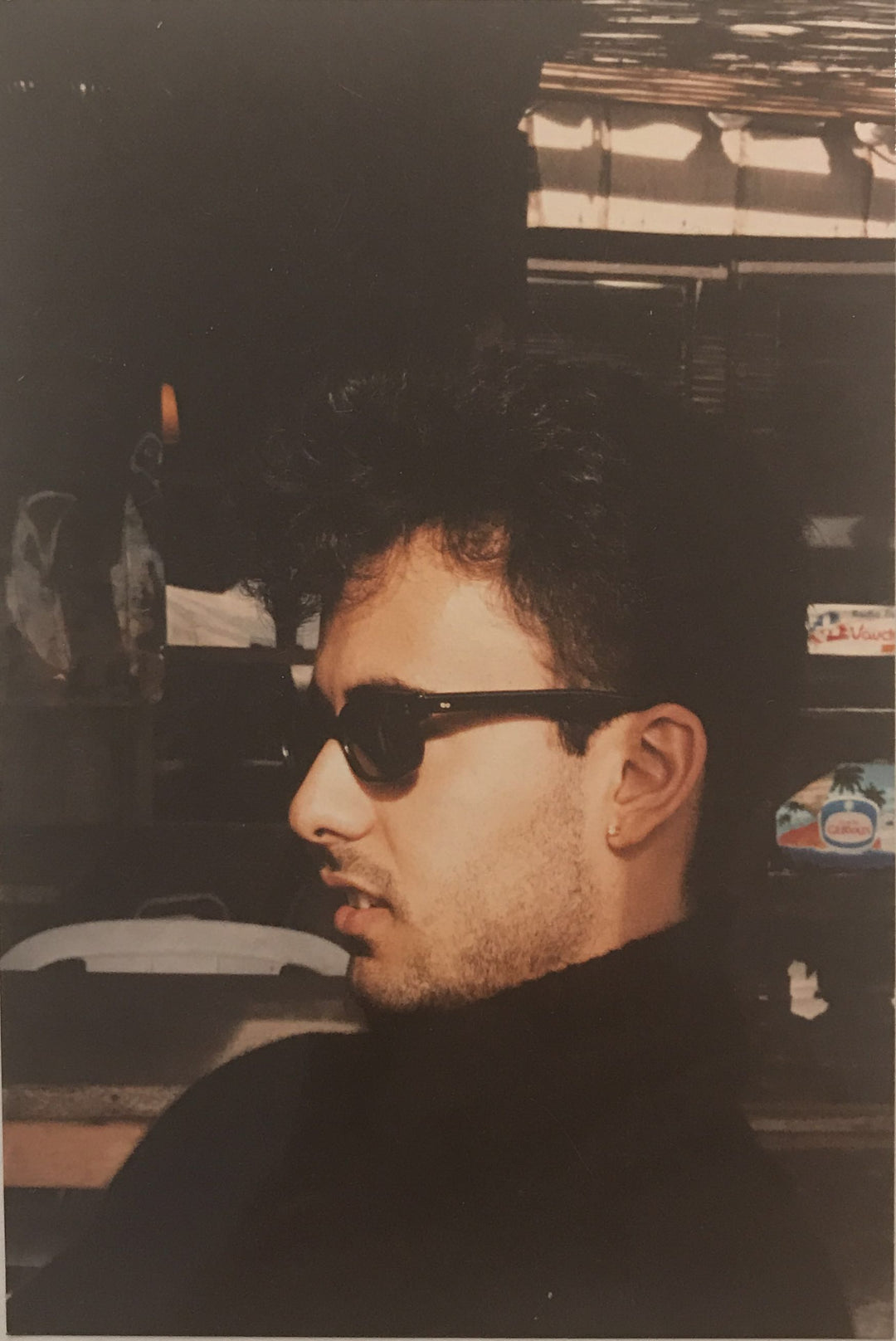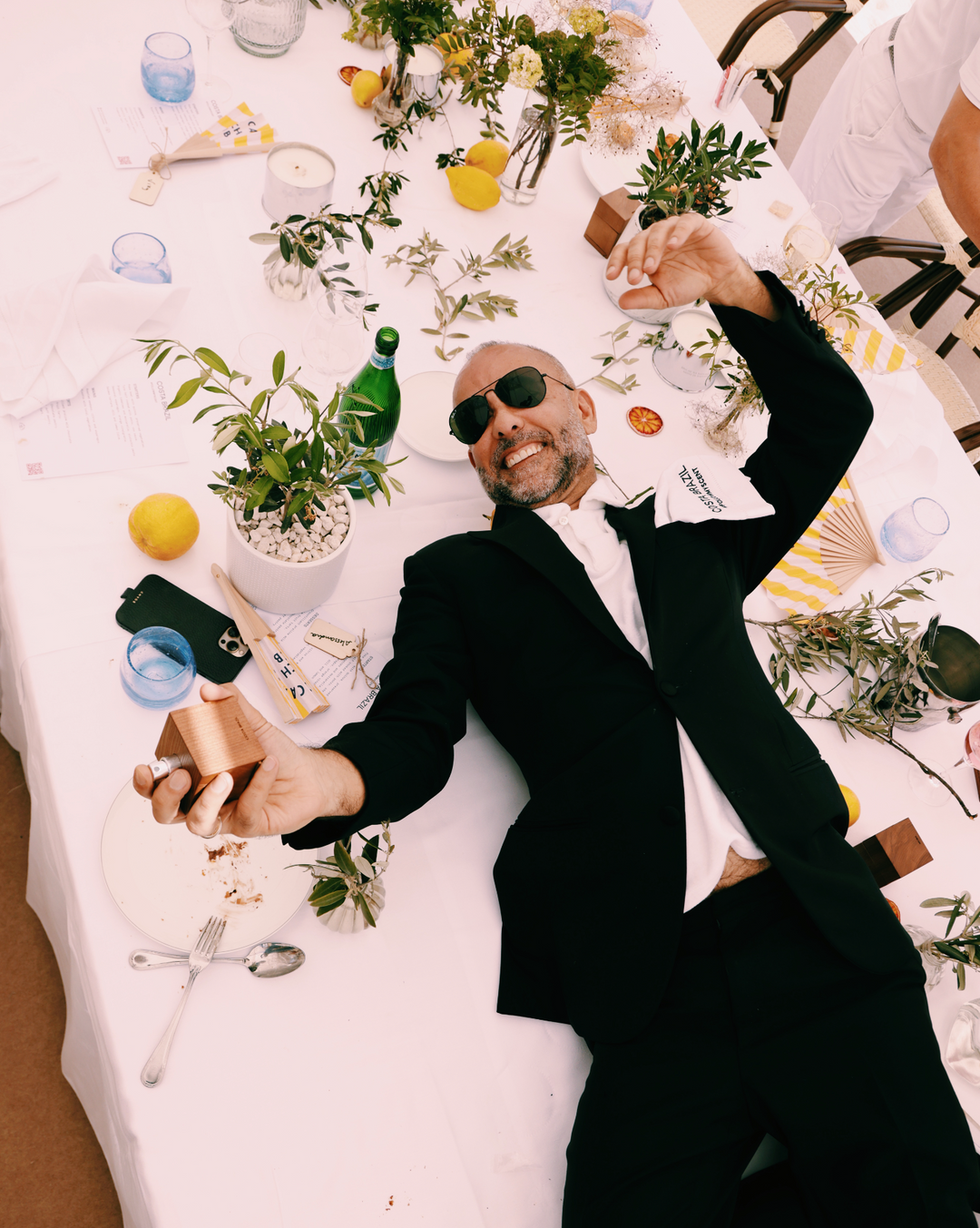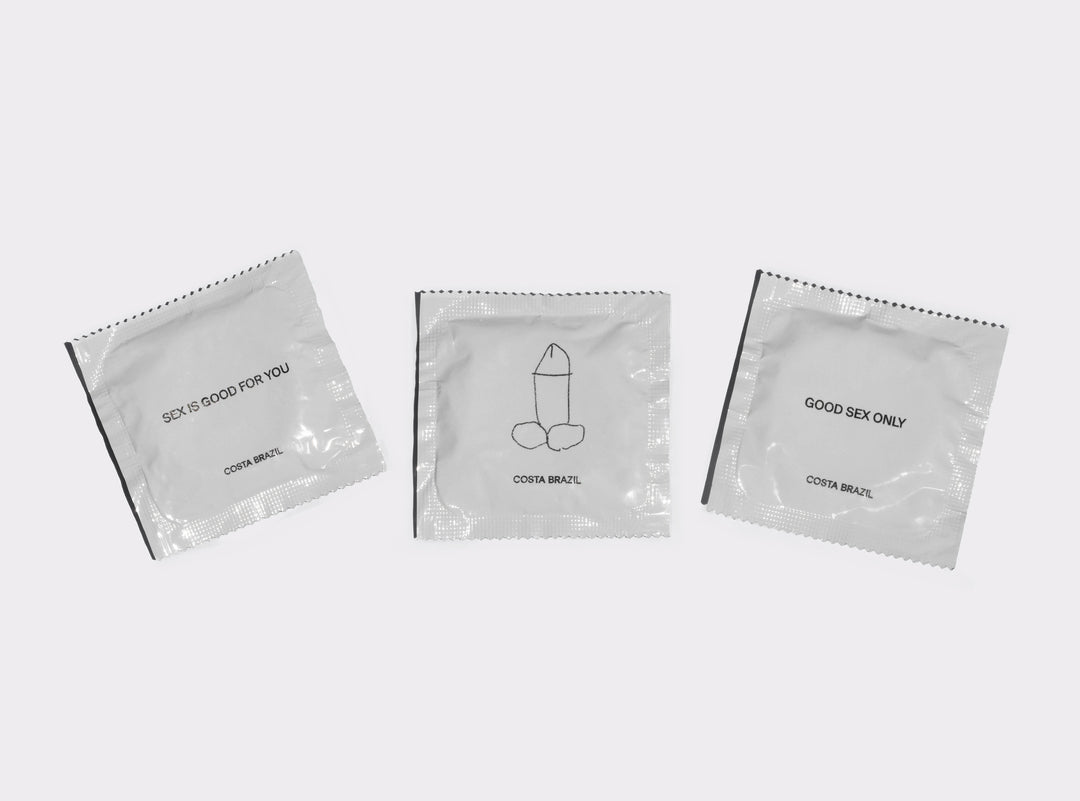
community
Coming Out in New York City
I remember my first night “out.” I couldn’t have been more than 16. My friend Marcel took me to a gay sauna in Rio de Janeiro, where we were working a trade show, and I just remember turning to him and saying: “What does this have to do with me?”
Of course, it wasn’t the first time I knew I was gay, but it was the first time I was awakened to it sexually. He disappeared, and I ran into a private room, closed the door and covered myself in towels. I ended up running out of the sauna and down the streets of Rio to our hotel. My friend just kept saying to me, “nunca vai encontrar o seu haver,” which is slang for, “You’re never going to find what you’re looking for if you don’t embrace who you are.”


A couple of years later, my mom passed away. I became very shut off, never wanting to become a problem for my dad, who of course never spoke to me about being gay. Though I had boyfriends, and girlfriends, it wasn’t until I arrived in New York City that I truly came to discover myself.
I arrived in Queens at the end of May in 1985, just weeks before Gay Pride. It was like Inauguration Day. I remember my outfit at my first pride party: Blue striped shorts, Bermudas, a white t-shirt and a little light blue bucket hat. And, of course, I remember the music—Duran Duran, Erasure, Boy George, Madonna, Jimmy Somerville; it was all so gay, so freeing, so iconic. The whole thing was just insane—to see the world be that open was huge for me. This wasn’t a sauna in Rio. It was a stage not only to be myself but to also stand up for myself and to find purpose in my life.
By now, Reagan was in his second term in office, and life became intense. It was the height of the AIDS epidemic. I started to engage with ACT UP, a non-partisan group of people committed to ending the crisis, and joined every demonstration I could between cleaning houses and walking dogs to make ends meet, and studying English at Hunter College and fashion design at FIT. Still, no one believed in HIV, no believed in us.
My friends started dying; I had two friends go one after the other: Fernando, who was 26, and Kleber, who was 28. I became depressed, we all did, tired from shouting out for help and no one listening to us. We became overcome by the guilt we all felt for being gay. We couldn’t even say that we were gay without people thinking we were going to give them HIV by simply breathing on them. We started getting angry, living in what felt like a death sentence every day—just by looking at people, you know? And, at the same time, it also felt like Russian Roulette. That’s why condoms, for me, will always represent salvation; it’s how we survived.

With every trip home to Brazil, I found more strength to tell my family who I was becoming. I was starting to really absorb change and talk about my sexuality. I was getting closer to “finding what I was looking for.”
Now, in a lot of ways, I feel like I’m still coming out. Because today it doesn’t matter if you’re sleeping with a woman or a man, or if you identify as a man, woman or non-binary person. I was put into a box then, and while it helped shape who I am now, nobody should be put in a box. I want to keep evolving, I want to keep being free, and in the most organic way possible. To me, to be gay and to be who you are is to be free. I have pride in that. Join me.